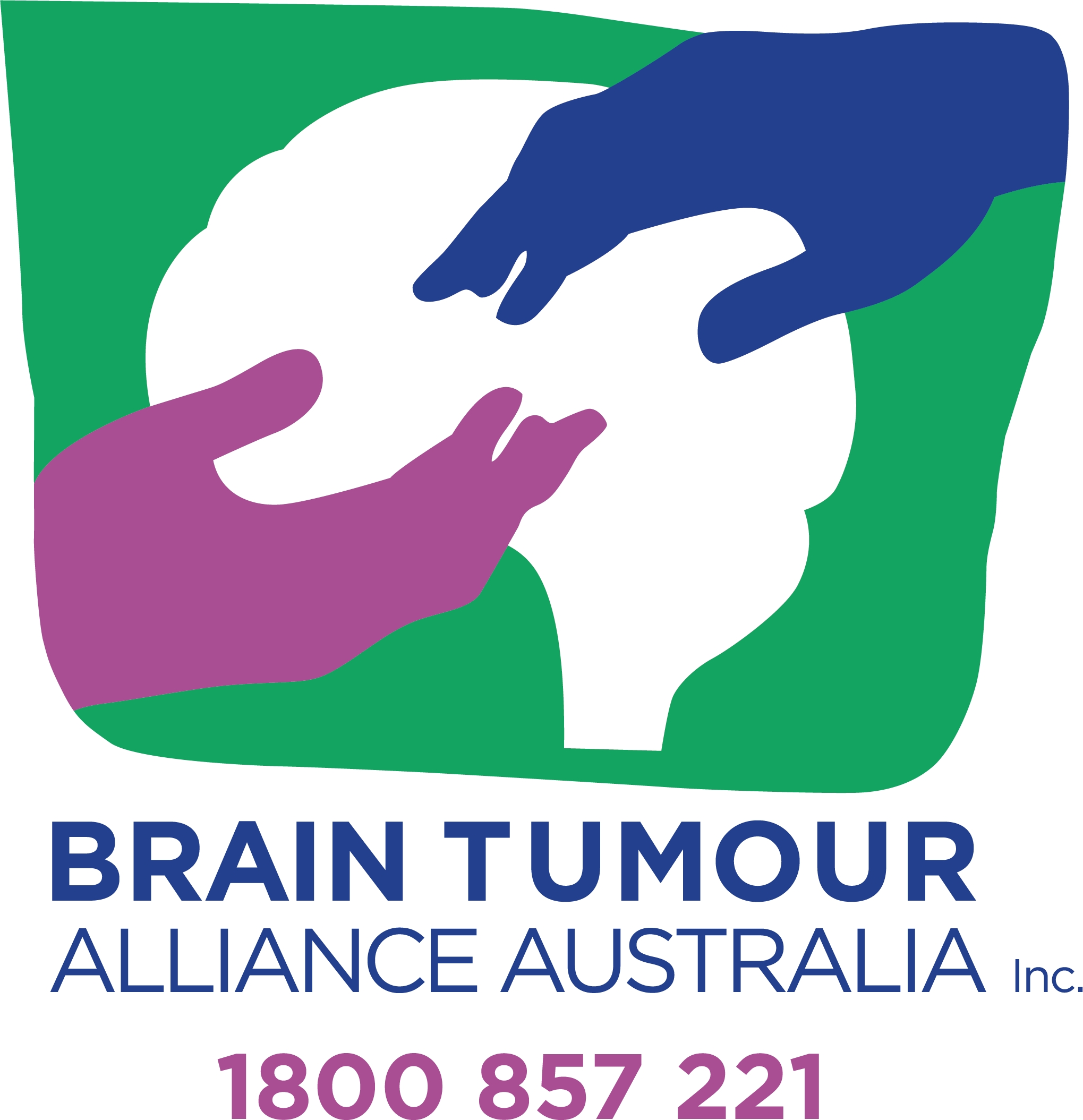In mid-2018 I was a healthy, happy 52-year-old, enjoying a challenging and rewarding career and a great family life. One day in June changed my life and my family’s lives. After having increased difficulty typing and holding cutlery with my left hand, I rang my GP for an appointment. By 11 am that day I was in the Emergency Department of the Royal Brisbane and Women’s Hospital. By 8 pm that night I was shown a scan with a ‘lesion’ the size of a ping pong ball in the right hemisphere of my brain. A few days later I had surgery and was diagnosed with an aggressive brain tumour - glioblastoma multiforme (GBM). This is the kind of brain tumour that John McCain, Ted Kennedy and Beau Biden died from.
Following surgery, I had 6 weeks of radiation and concurrent chemotherapy, and a further 6 months of chemo followed. Despite this, my condition is treatable but not beatable and I live with the expectation that my cancer will recur. The treatment I had has been the standard of care since 2005. That’s 15 years since there has been a major breakthrough in treatment protocols for this type of brain cancer.
Not long ago I celebrated my 55th birthday and I admit, after my diagnosis, it was a birthday I didn’t think I’d see. I am very fortunate; I remain in good health and have had a successful return to work – a major and satisfying part of my life pre-diagnosis. I have an MRI and review every 3 months and am always anxious in the lead up to these; wondering whether this is the scan that will reveal a recurrence. But when it’s not scan season, I enjoy most of the things I used to and a few new things as well.
I have learnt a lot about brain cancer in Australia since my diagnosis - none of it good:
- brain cancer kills more children aged 1 to 14 years than any other disease and kills more people under 40 than any other cancer
- only one in five brain cancer patients will still be alive five years after their diagnosis
- for some brain cancers, such as GBM, 5-year survival is lower still at around 5%
- for Diffuse Intrinsic Pontine Glioma (DIPG), which predominantly affects very young children, survival is even lower.
New therapies to treat brain tumours are urgently needed and survival can only be improved through research and clinical trials, which depend on funding. While brain tumour patients and their families wait for effective treatments, support is vital, which is why I volunteer with the BTAA.

